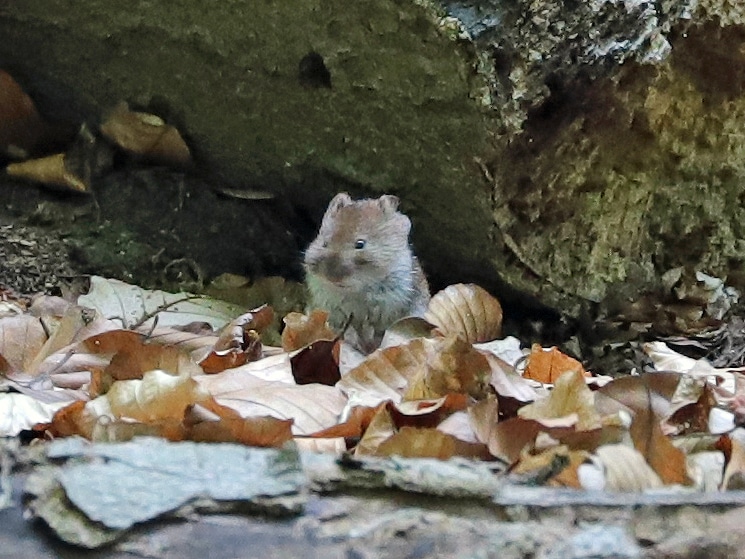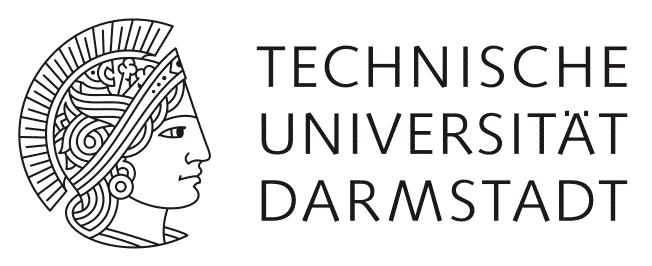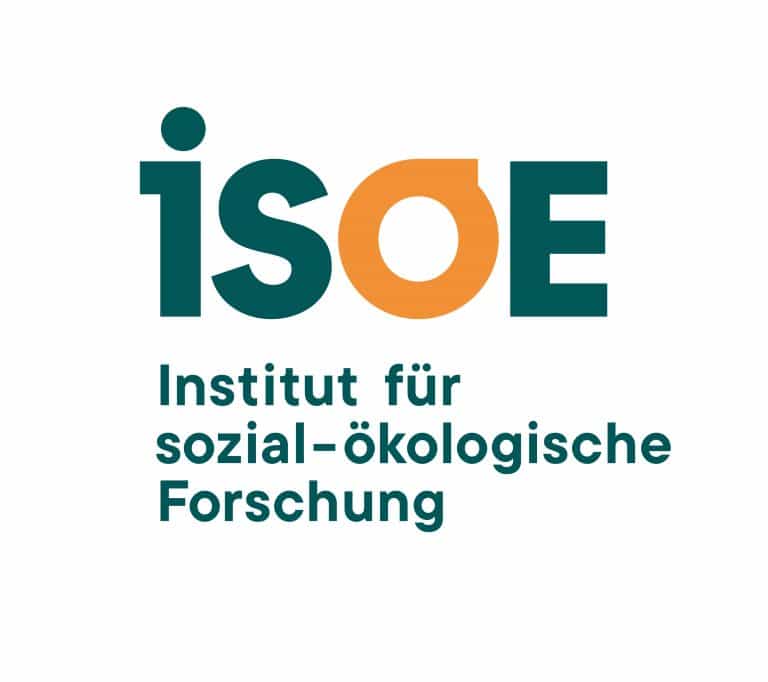Long-term population trends of rodents relevant to health policy: Interaction of climate change, land use and biodiversity.
The aim of the cooperation is to deepen our understanding of the relationship between biodiversity and the occurrence of zoonotic pathogens in rodents in the Hainich-Dün area.

The aim is to assess the effect of climate change and changes in land use and biodiversity on the occurrence of zoonotic pathogens in rodents. This will be done through field experiments comparing prevalence, pathogen load and pathogen diversity between animals from low and high biodiversity habitats.
The common goal of JKI-GF and the DFG exploratories is to gain knowledge about the effect of the most important influencing factors (land use, biodiversity) on rodent population sizes, which in combination with climate change can have an impact on rodent-borne pathogens. This will provide insights into a key factor for human infection risk with e.g. Hanta and cowpox viruses.









